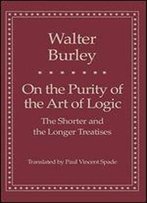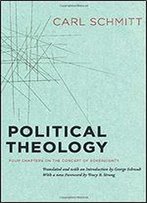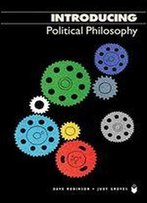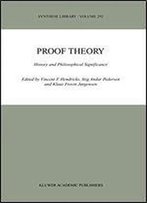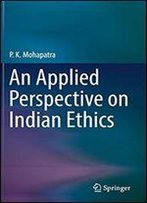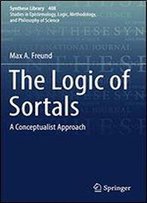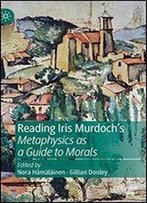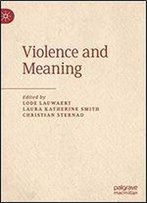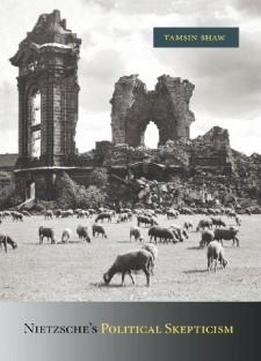
Nietzsche's Political Skepticism
by Tamsin Shaw /
2007 / English / PDF
1.5 MB Download
Political theorists have long been frustrated by Nietzsche's
work. Although he develops profound critiques of morality,
culture, and religion, it is very difficult to spell out the
precise political implications of his insights. He himself never
did so in any systematic way. In this book, Tamsin Shaw claims
that there is a reason for this: Nietzsche's insights entail a
distinctive form of political skepticism.
Political theorists have long been frustrated by Nietzsche's
work. Although he develops profound critiques of morality,
culture, and religion, it is very difficult to spell out the
precise political implications of his insights. He himself never
did so in any systematic way. In this book, Tamsin Shaw claims
that there is a reason for this: Nietzsche's insights entail a
distinctive form of political skepticism.
Shaw argues that the modern political predicament, for Nietzsche,
is shaped by two important historical phenomena. The first is
secularization, or the erosion of religious belief, and the
fragmentation of moral life that it entails. The second is the
unparalleled ideological power of the modern state. The promotion
of Nietzsche's own values, Shaw insists, requires resistance to
state ideology. But Nietzsche cannot envisage how these values
might themselves provide a stable basis for political authority;
this is because secular societies, lacking recognized normative
expertise, also lack a reliable mechanism for making moral
insight politically effective.
Shaw argues that the modern political predicament, for Nietzsche,
is shaped by two important historical phenomena. The first is
secularization, or the erosion of religious belief, and the
fragmentation of moral life that it entails. The second is the
unparalleled ideological power of the modern state. The promotion
of Nietzsche's own values, Shaw insists, requires resistance to
state ideology. But Nietzsche cannot envisage how these values
might themselves provide a stable basis for political authority;
this is because secular societies, lacking recognized normative
expertise, also lack a reliable mechanism for making moral
insight politically effective.
In grappling with this predicament, Shaw claims, Nietzsche raises
profound questions about political legitimacy and political
authority in the modern world.
In grappling with this predicament, Shaw claims, Nietzsche raises
profound questions about political legitimacy and political
authority in the modern world.

